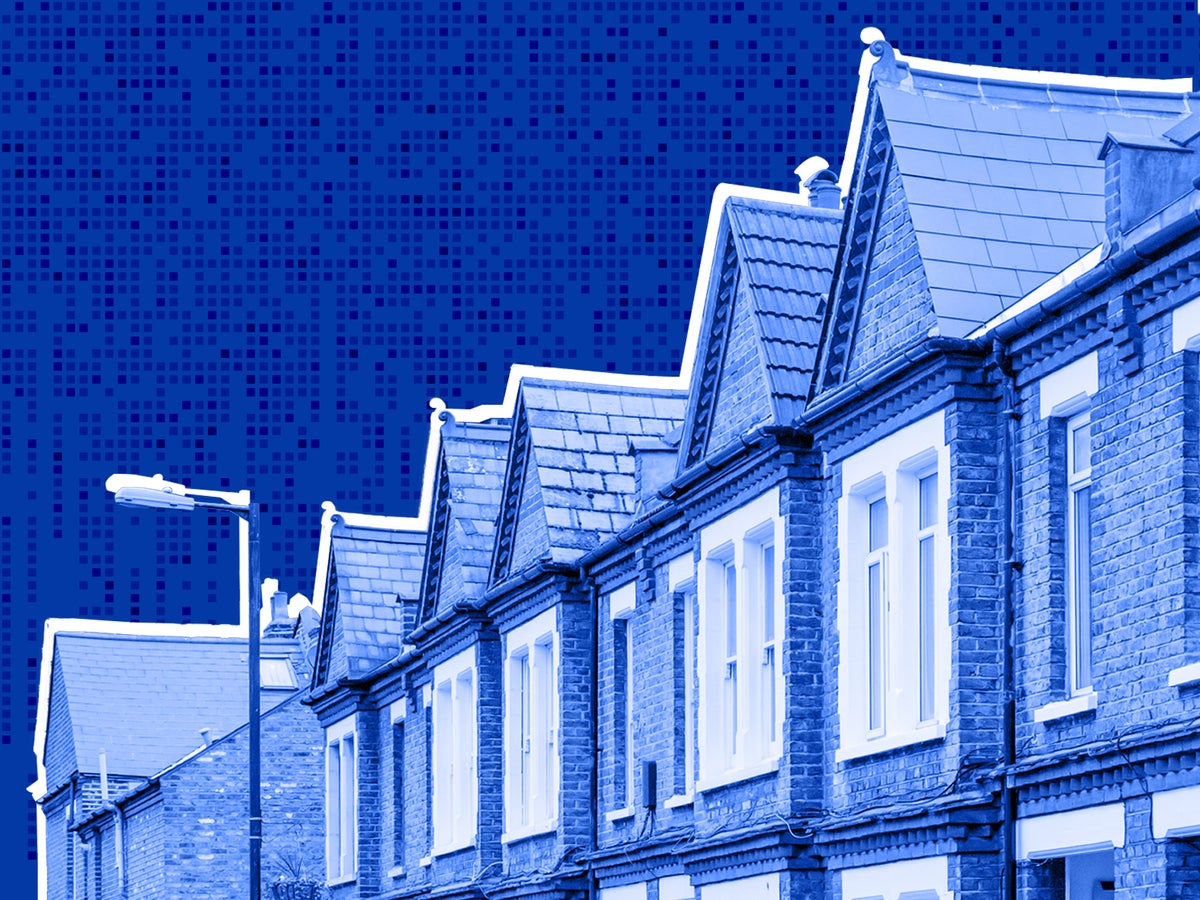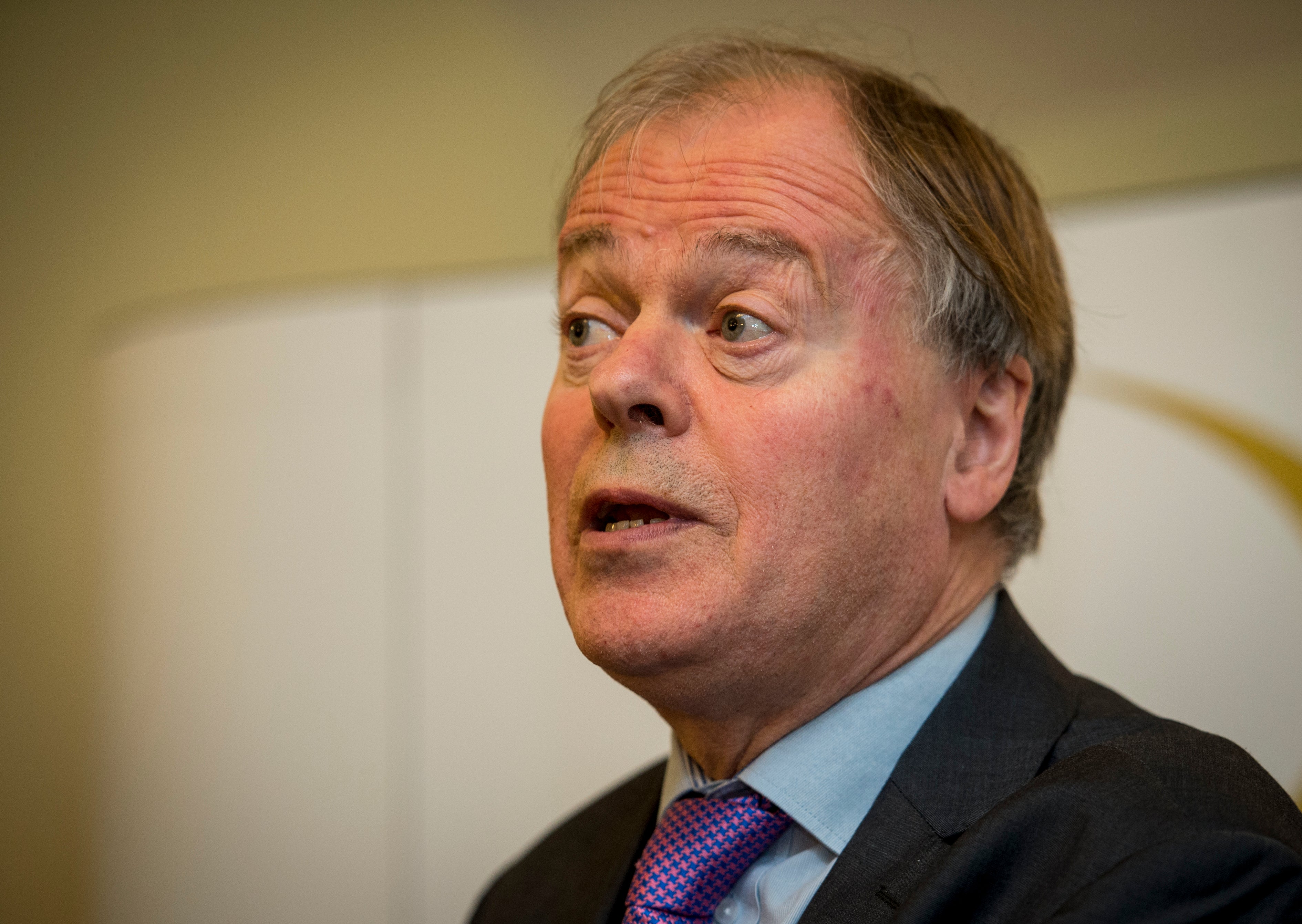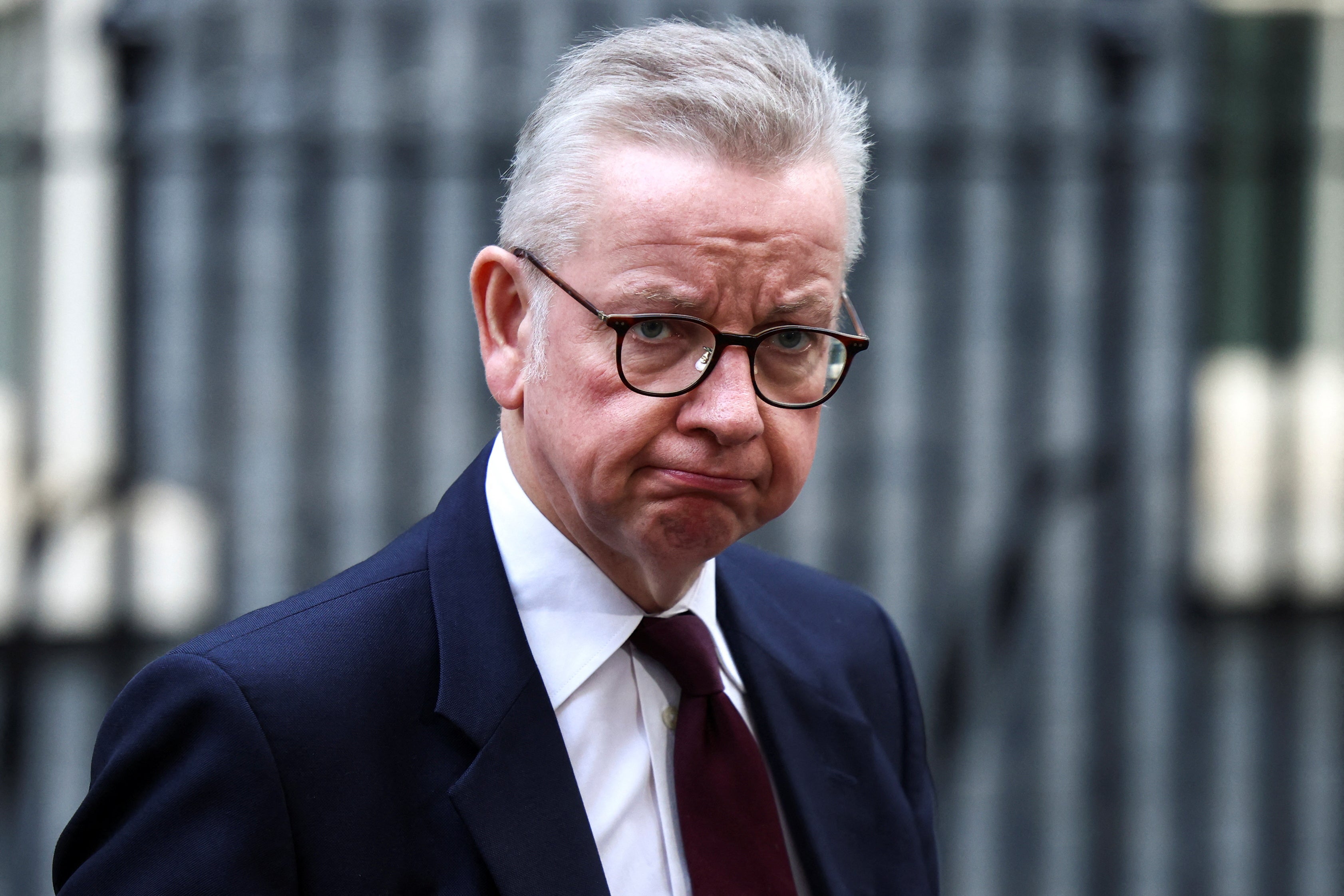
Unscrupulous providers housing vulnerable people are making “excessive profits by capitalising on loopholes” in a taxpayer-funded “gold-rush”, MPs have warned.
A damning report calls for changes to the provision of exempt accommodation, a form of supported housing funded by housing benefit – with MPs hearing how there is “a licence to print money to those who wish to exploit the system”.
The Levelling Up, Housing, Communities (LUHC) Committee, which conducted a months-long inquiry into exempt accommodation, is recommending the government publish national standards as part of a series of changes.
The select committee’s inquiry “heard of squalid environments, vermin, drug-taking, crime and abuse”, the report said.
“We heard of people with a history of substance misuse being housed with drug dealers, and of survivors of domestic abuse being housed with perpetrators of such abuse”, it states.
“The support on offer is sometimes little more than a loaf of bread left on a table or a support worker shouting at the bottom of the stairs to check on residents.”
It comes after an investigation by The Independent and openDemocracy earlier this year revealed that more than £132m has been handed out in housing benefit since 2018 to rogue providers for exempt accommodation.
The figures, obtained under the Freedom of Information Act, cover 95 of more than 300 English local authorities – meaning the true total is likely to be far higher.
The LUHC Committee report stated: “In short, we would describe the system of exempt accommodation as a complete mess.
“There are many good providers, but in the worst instances the system involves the exploitation of vulnerable people who should be receiving support, while unscrupulous providers make excessive profits by capitalising on loopholes.
“This gold-rush is all paid for by taxpayers through housing benefit.”

Under regulations, providers of exempt accommodation – which houses people including women fleeing domestic violence, care leavers, homeless people, those with substance abuse issues and prison leavers – must be not-for-profit entities, such as housing associations or registered charities, providing “care, support or supervision”.
Exempt accommodation does not have to abide by a cap on housing benefit, allowing providers to pocket higher rates.
But, the committee’s report said, “Rent should be capped at a reasonable level that meets the higher costs of managing exempt accommodation”, adding that support funding “should be provided separately”.
The MPs want the government to review exempt housing benefit claims to determine how much is being spent and on what.
The committee is calling on the government to publish national standards within 12 months of the publication of their report, with powers for local authorities to enforce them.
“We also found that organisations with no expertise are able to target survivors of domestic abuse and their children and provide neither specialist support nor an appropriate or safe environment.
“We recommend that, where a prospective resident of exempt accommodation is a survivor of domestic abuse, there must be a requirement that housing benefit is only paid to providers that have recognised expertise and meet... standards... of the Domestic Abuse Act 2021.”

Labour MP Clive Betts, LUHC chair, said: “While there are many good providers of exempt accommodation, the findings of our inquiry on the state of exempt accommodation are shocking.
“The current system of exempt accommodation is a complete mess which lets down residents and local communities and which rips off the taxpayer.
“The Government must act now to help councils to tackle this situation and ensure people get the quality housing and support services they need to move on with their lives.”
In March, the then-rough sleeping and housing minister Eddie Hughes set out plans to introduce minimum standards of support provided to residents, as well as housing benefit regulations changes.
The package of measures included giving local authorities in England new powers to, he said, “better manage their local supported housing market and ensure that rogue landlords cannot exploit the system to the detriment of vulnerable residents and at the expense of taxpayers”.
Conservative MP Bob Blackman, who is a member of the LUHC Committee, introduced a private members’ bill in June to “make provision about the regulation of supported exempt accommodation; to make provision about local authority oversight of, and enforcement powers relating to, the provision of supported exempt accommodation; and for connected purposes”. It is due to receive its second reading next month.
A Department for Levelling up, Housing and Communities spokesperson said: “It is unacceptable that unscrupulous landlords are trying to profit at the expense of vulnerable people and we are bringing forward a package of measures to stop them in their tracks.
“This is backed by a £20 million investment to drive up quality in the supported housing sector and protect the most vulnerable in society.”







